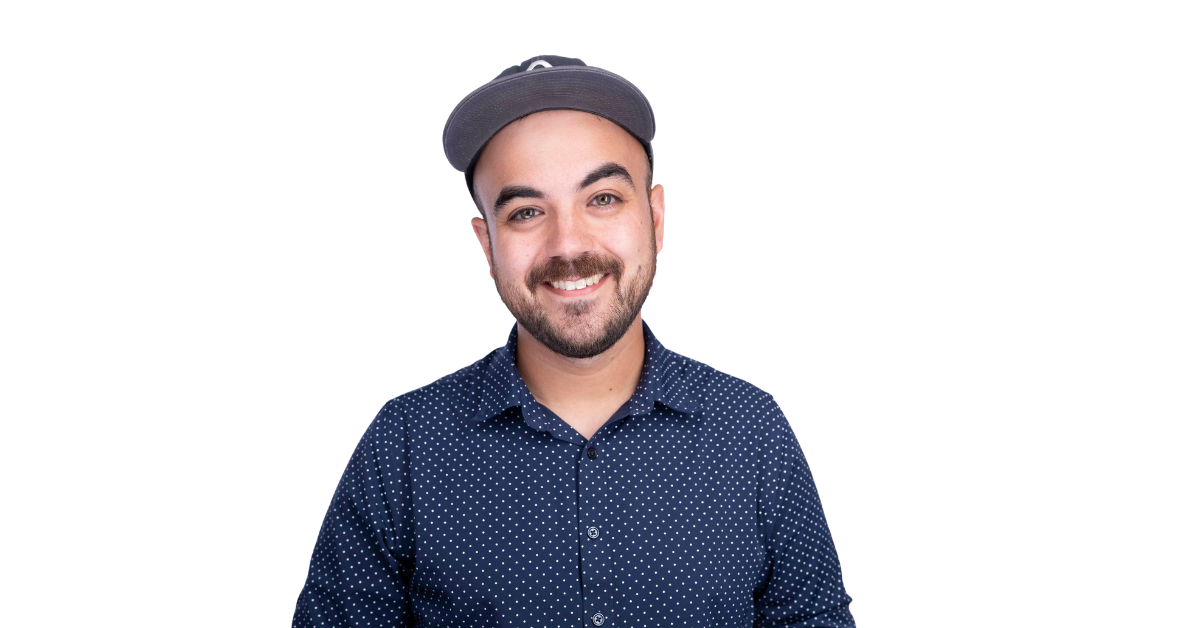
We sat down with Mickey McDonald to talk about his passion for quantum, how he got started in the field and advice for those considering a career path in quantum engineering.
Why did you decide to get into quantum computing? What is your obsession with this field?
Mickey: I originally got into quantum physics because I loved the idea that experimentalists could build machines to tackle a huge variety of really fundamental questions.
In my own PhD I helped build an experiment designed to answer basic questions like “Are the fundamental constants of nature really constant?” and “Does the law of gravity break down at small length scales?” But since graduating, I’ve started to realize that asking questions is only half the fun - actually applying what you learn to build something useful can be hugely rewarding too.
It’s taken us nearly a hundred years after the discovery of quantum mechanics, but we’re finally at a point where we understand the theory well enough to be able to leverage its ideas to build truly amazing machines like quantum computers. And once we figure out how to assemble large enough arrays of qubits with low enough error rates, quantum computers are going to emerge as a paradigm-shifting technology.
The idea of being part of that technological revolution was just too exciting to pass up, so I couldn’t turn down the chance to be part of a team working to make it happen.
What is one key thing you’ve learned since working in this field?
Mickey: I learn something new every single day! And frankly, I enjoy that journey of constant learning. I did feel a little of the imposter syndrome when I first joined Atom Computing - I had basically zero coding experience, and I didn’t really know anything about how quantum computing actually worked. But I’ve learned to embrace that uncomfortable feeling of “not knowing”, because that’s the first step towards having to ask questions and learn something new. It’s so important to surround yourself with amazingly-talented people that can help push you out of your comfort zone, people you can learn from. I find it extremely energizing to work with a group of brilliant people who share that same passion for learning - and who are just as excited as I am to be making quantum computing a reality.
What gets you excited about the possibilities of how quantum computing could change the world? What is a problem you are passionate about that quantum may help solve-for in the future?
Mickey: I've always been excited by the idea that we might be able to design complex, quantum-mechanical materials from first principles. The traditional way of discovering new, useful materials or drugs has typically been to accidentally make some unusual thing, or harvest some weird thing from nature, and then subject that new, weird thing to tests to discover what it ultimately might be useful for.
Quantum computing has the opportunity to flip that discovery process on its head. For example, it would be great to approach a problem from the perspective of "I need a material which does X, subject to Y constraints", and then go solve a very complicated math problem to figure out how to make it. Having access to useful quantum computing machines I think will make those types of workflow scenarios a reality. That’s the kind of problem solving I’m most excited about quantum computers being able to unlock in the future.
Tell me why you chose to work at Atom Computing, and what was appealing about working at a start-up?
Mickey: When I joined Atom there were only a half dozen employees and we were building something we still weren't entirely sure would work. I love being in that kind of environment where every single person on the team has a huge impact on whether the thing you're trying to build will end up being successful.
I have a fierce passion for problem-solving and I get to flex those muscles every day in different ways. Working for a start-up offers the ability to test out new ideas, move fast, and problem solve along the way.
I also really believe in our technology platform. There are a lot of really difficult problems to solve en route to having a useful quantum computer, and high on that list is the ability to scale. We already know that neutral atoms can make great qubits, but what’s even more exciting to me is the fact that we have a clear path forward for how to scale to truly huge numbers of them. That gives us an opportunity to potentially leapfrog other platforms, and that’s a really exciting place to be.
What is one piece of advice you'd offer someone in high school or college considering getting into this field?
Mickey: Study hard, build things, have fun learning math and science, and never stop asking questions! (Sorry, I guess that’s four pieces of advice…)
A lot of my job involves thinking hard about quantum mechanics, but that's actually only perhaps 5% of my time. I spend the great majority of my time building stuff, experimenting with lasers and atoms, problem-solving a million different things, and figuring out ways to write code that will make life easier for me and my fellow engineers.
I think the most important qualities to being a successful quantum engineer include being genuinely curious, having a strong drive to understand the way things work, and having a relentless passion for solving problems.